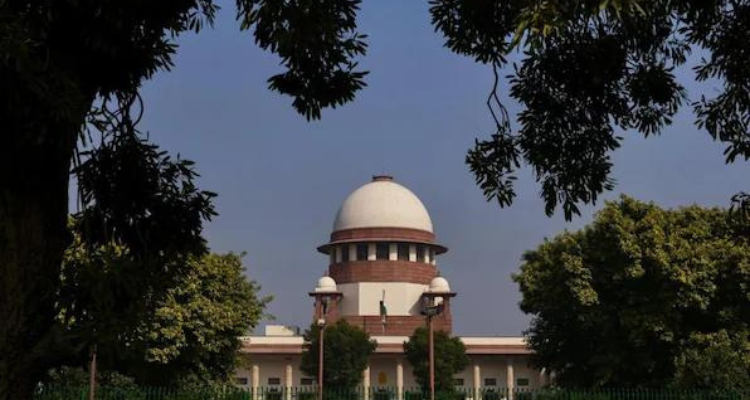
In the case of National Investigation Agency New Delhi v. Owais Amin @ Cherry & Ors., the Supreme Court clarified that the Code of Criminal Procedure (CrPC) would be applicable to Jammu and Kashmir (J&K) only from the date of the abrogation of Article 370 on October 31, 2019, and not before that.
This ruling came as the apex court addressed an appeal challenging a judgment from the Jammu & Kashmir High Court, which upheld a decision from the Special Judge, National Investigation Agency (NIA) Jammu, albeit partially. The bench, comprised of Justices M.M. Sundresh and S.V.N. Bhatti, deliberated on the matter.
Here is the full story:
- Respondents faced charges under multiple sections of the RPC, Explosive Substances Act, UAPA, and Jammu & Kashmir Public Property Act for attempting to ambush a CRPF convoy with a car laden with explosives.
- The case was initially registered by local police but re-registered by the NIA following an MHA order.
- During proceedings, the Special Judge, NIA, found non-compliance with prescribed forms under CrPC, 1989, leading to the dismissal of certain charges.
- However, the Division Bench of the High Court of Jammu and Kashmir overturned the decision on two points but upheld the need for authorization under Section 196-A of CrPC, 1989.
- The Supreme Court observed distinctions between Sections 196 and 196-A of CrPC, 1989 and clarified that the CrPC, 1973 would govern the field only from October 31, 2019, with the CrPC, 1989 standing repealed.
- Any ongoing investigation as of the repeal of the former statute would continue under CrPC, 1989, but the application of law would be under CrPC, 1973, ensuring compliance with procedures.
- The court held that non-compliance with earlier procedures under the repealed Code would not automatically benefit an accused, as it is a curable process depending on circumstances.
- The requirement of authorization for conveying a complaint is mandatory, even if it occurs at the conclusion of an investigation, as it signifies completion of the investigation process.
- The complaint was conveyed by the District Magistrate before the appointed day of the Act, 2019, indicating the application of CrPC, 1989 during the investigation’s completion.
- Consequently, the Supreme Court partially allowed the appeal, setting aside the judgment of the Special Judge.
Read More: Supreme Court, Delhi High Court, States High Court, Other Courts, International




